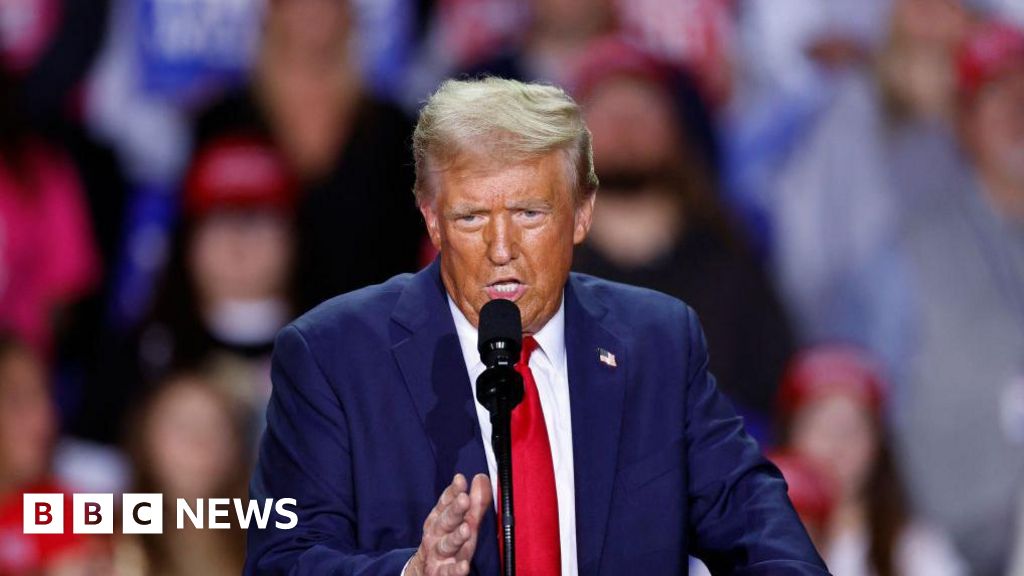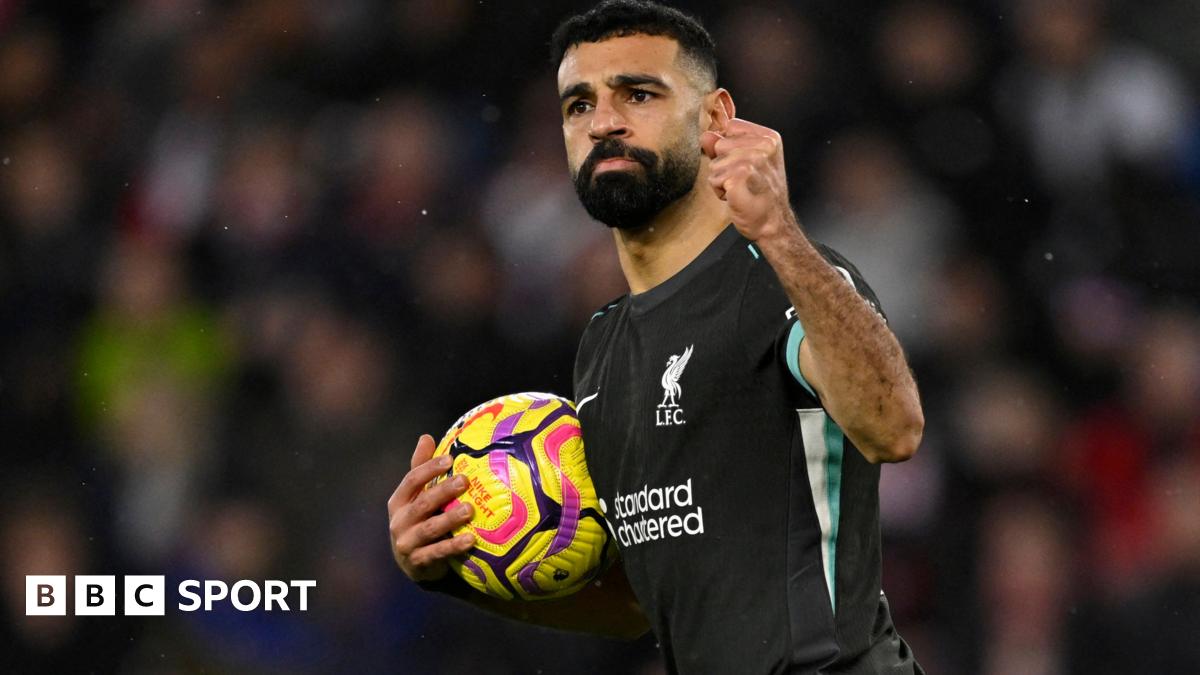- On Friday, President Cyril Ramaphosa authorised the full implementation of the Basic Education Laws Amendment Act.
- This after receiving a report from Deputy President Paul Mashatile's clearing house mechanism committee and government of national unity partners.
- Ramaphosa instructed Basic Education Minister Siviwe Gwarube "to do what is necessary, as is customary with any law" to ensure its implementation.
President Cyril Ramaphosa authorised the full implementation of the Basic Education Laws Amendment (BELA) Act on Friday.
In a statement, Presidency spokesperson Vincent Magwenya said Ramaphosa's decision followed a report from Deputy President Paul Mashatile's clearing house mechanism committee.
Ramaphosa said: "I accordingly advised them that I would proceed to sign a presidential proclamation to bring the Basic Education Laws Amendment Act into operation from today [Friday]. I have instructed the minister of basic education to see to the full implementation of the BELA Act.
"I have also instructed the minister [of basic education] to do what is necessary, as is customary with any law, to ensure that the timeframe of implementation - particularly with regard to the preparedness of the system for universal Grade R access - and the consequential regulations setting out the norms and standards are prepared."
He added all bodies and officials responsible for the implementation of the act were required at all times to act in accordance with the Constitution, the law, and relevant policies and regulations.
The decision brings to an end to one of the government of national unity's (GNU) most contentious issues in the seventh administration.
READ | Western Cape education department contradicts DA's stance on BELA Act, says GOOD's Herron
Last week, News24 reported Friday, 13 December was D-Day for Ramaphosa to act after a three-month delay in implementation.
Friday, 13 December, marked three months since he signed the factious act into law, despite some opposition and politicking.
During a signing ceremony in September, the president announced a three-month delay in implementing two contested clauses to allow for more deliberation on how different views can be accommodated.
Clause 4 gives the department more control over admissions policy, while clause 5 compels school governing bodies to submit the school's language policy to the provincial head of department for approval.
A slew of organisations objected to the two clauses, including the DA, AfriForum, Suid-Afrikaanse Onderwysunie, and the Federation of Governing Bodies of South African Schools.
At the time of the bill's signing, some teacher unions expressed their disappointment at Basic Education Minister Siviwe Gwarube's decision to boycott the signing ceremony at the Union Buildings, and others called on her to resign.

President Cyril Ramaphosa authorised the full implementation of the Basic Education Laws Amendment Act. (Supplied/GCIS)
The minister, a DA member, reportedly said she had told Ramaphosa she would not attend the event.
Gwarube said in a statement issued prior to the ceremony she remained opposed to the act and had asked Ramaphosa to refer it back to Parliament for reconsideration in terms of Section 79 of the Constitution.
In November, News24 reported members of 41 civil society organisations, including Solidarity and AfriForum, staged a protest to demonstrate to the government their objection to the implementation of clauses 4 and 5 of the act.
The march, which DA leader John Steenhuisen led, took place at the Voortrekker Monument in Pretoria.
Recently, the Sunday Times reported Ramaphosa was under intense pressure from within the ANC to dismiss Gwarube.
The publication stated some senior party leaders had lobbied the president to pull the trigger on her.
READ | Sadtu to go to court over delay in Bela Act implementation
In the statement released on Friday, Ramaphosa said he signed the act into law on 13 September.
He added the act was vital to transforming South Africa's education system.
Ramaphosa said:
The Act is an important part of ongoing efforts to build an education system that is more effective and more equitable in line with the precepts of our Constitution. The BELA Act continues the work that has been done over the last 30 years to ensure that all children have equal access to quality education – from their early years and throughout their schooling.
In implementing the act, he added the government was "ultimately guided" by the Constitution.
"The Bill of Rights guarantees the right of every person to equality. It guarantees the right of every person to receive a basic education.
"Importantly, the Constitution says that every person has the right to receive education in the official language or languages of their choice where reasonably practicable."
Ramaphosa said this was a right that applied equally to all 12 languages in the country.
"The Basic Education Laws Amendment Act enacts measures that strengthen the ability of our schools to give effect to these constitutional rights. In the application of this law, we must ensure that no language is diminished. Rather, we must work to ensure that all official languages are valued and promoted."
READ | D-Day for President Cyril Ramaphosa to act on BELA Act
At the time Ramaphosa assented to the BELA Bill, he said he noted a number of parties to the GNU and other key role players expressed their wish to further engage each other on sections of the bill that dealt with issues of admission and language.
He added that was why he delayed its implementation.
"This would give the parties time to deliberate on these issues and make proposals on how the divergent views may be accommodated.
"I also said should the parties not agree on an approach at the end of the three-month period, I would then direct the minister and the department to proceed with the implementation of the act."
The president said over the last three months, discussions were held with a view of reaching consensus on these outstanding clauses of the BELA Act.
"Various formations outside of the government have also made representations, both for and against the relevant sections."
Ramaphosa confirmed he received a report from the GNU's clearing house mechanism, which was established to resolve fundamental differences within the new government.
"In their final report, the parties agreed the Basic Education Laws Amendment Act should not be sent back to Parliament to make changes to the sections that were in contention. The GNU clearing house participants agreed that the act be fully implemented."
He said this view was endorsed by the leaders of the GNU parties in a meeting with them on Friday.
Ramaphosa implored all South Africans to ensure every child had equal access to decent and equal education.
 (1).png)
 1 week ago
3
1 week ago
3













